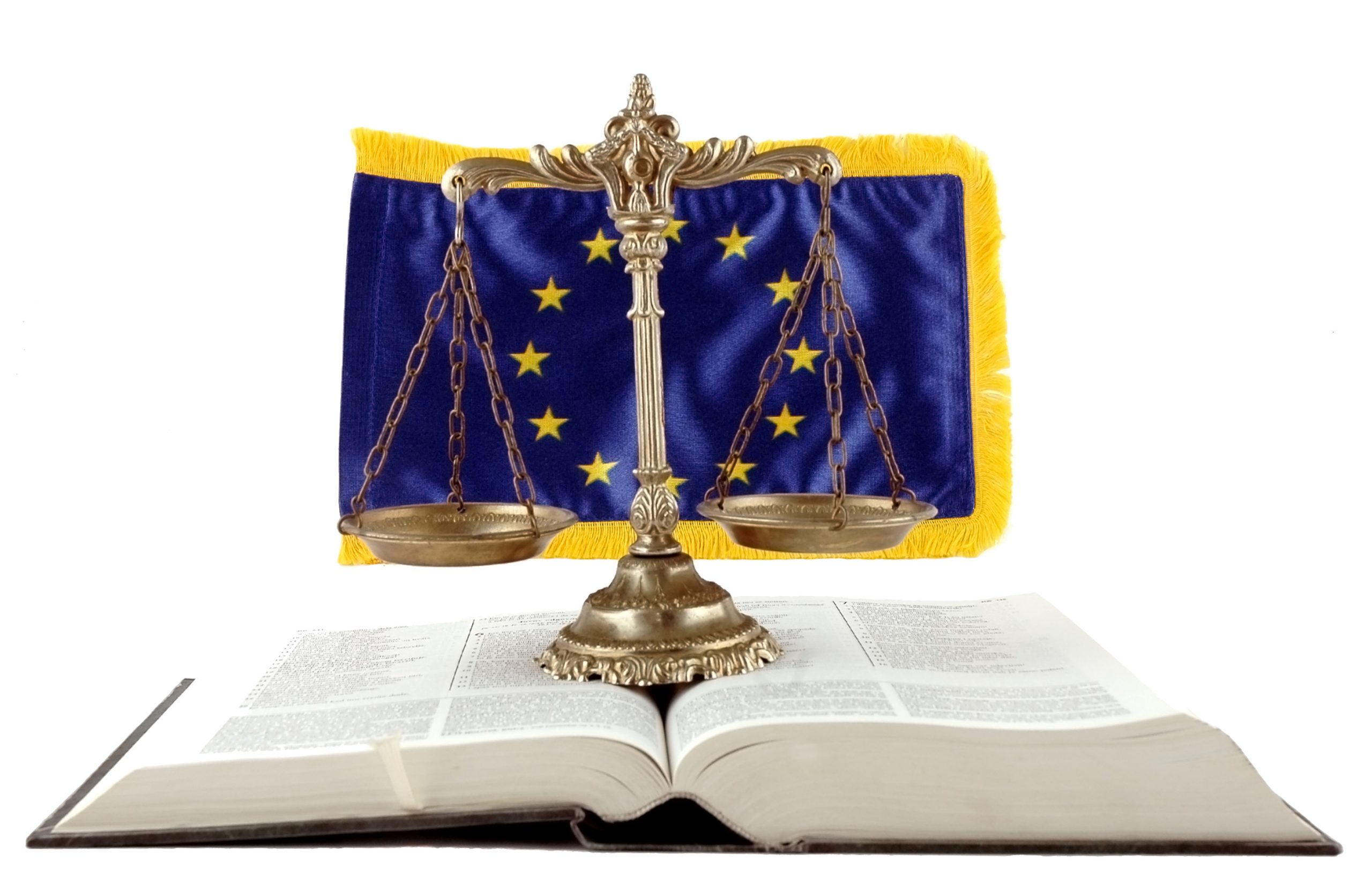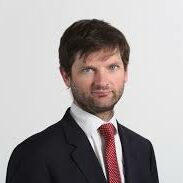“In the past few months, the German courts have referred questions on two important patent cases to the CJEU.”
 Two cases pending at the EU Court of Justice (CJEU) address, respectively, questions on the licensing of standard essential patents (SEPs), and the availability of interim measures in litigation. With the hearings expected later this year, IPWatchdog looks at the key issues raised.
Two cases pending at the EU Court of Justice (CJEU) address, respectively, questions on the licensing of standard essential patents (SEPs), and the availability of interim measures in litigation. With the hearings expected later this year, IPWatchdog looks at the key issues raised.
It is relatively rare for patent cases to come before the CJEU, as there are no EU Directives or Regulations directly governing patents. However, the Court does hear patent cases when they also involve other aspects of EU law, such as Article 102 TFEU, concerning abuse of a dominant position; the Enforcement Directive; and the Biotechnology Directive.
In the past few months, the German courts have referred questions in two important patent cases.
Nokia and SEP Licensing
The most interesting case is Nokia Technologies Oy v Daimler et al. (Case C-182/21) in which the Regional Court of Düsseldorf has referred two questions to the CJEU. The dispute concerns a Nokia patent that is declared essential to the LTE 4G standard and is therefore available to license on FRAND terms. Nokia contends that auto manufacturer Daimler’s connected cars infringe the patent, the parties have not agreed a license, and it is therefore entitled to seek an injunction.
Daimler argues essentially that in the auto industry there are complex supply chains: it is established practice that suppliers take licenses to patents, and vehicle manufacturers obtain components from their suppliers free of any third-party rights. Daimler’s suppliers, interveners in the case, claim that they should be entitled to obtain an unrestricted license on FRAND terms. They say that, by not offering such a license, Nokia breached its obligation under antitrust law.
Nokia, however, contends that, as an SEP holder, it can decide at which stage of the supply chain to grant a license, and it is not obliged to license suppliers on a priority basis.
The two questions referred are long and detailed, and can be read in full on the Court’s website.
The first is essentially: Is there an obligation to license suppliers on a priority basis? This invites the Court to consider the significance of the customs in the relevant industry, the different stages in the supply chain, and the question of exhaustion. It also asks whether, if the manufacturer cannot rely on an antitrust defense: “Does Article 102 TFEU lay down specific qualitative, quantitative and/or other requirements” determining the criteria that an SEP owner can use to decide against whom it seeks an injunction?
The second question seeks clarification of a previous CJEU decision, Huawei v ZTE (Case C-170/13), which sets out how licensors and licensees should engage in FRAND negotiations without falling foul of Article 102. In particular, it addresses the timing of the relevant licensing offers, the significance of hold-out, and compliance with FRAND terms.
This case is of considerable importance, given the growth in connected vehicles that require SEPs, and the judgment will also likely be relevant for many other sectors. Courts in Germany (and other European countries) are willing to grant injunctions if defendants refuse to accept licensing offers that are deemed to be FRAND.
As the referring court said, “the answers to the questions referred have far-reaching significance” as a large number of cases involving SEPs are pending in Europe. It added: “The question of what antitrust requirements are to be imposed on the SEP holder in such cases, especially to what extent or to whom it must grant FRAND licenses, is currently a matter of dispute … Only a ruling from the Court of Justice can provide clarity.”
The Düsseldorf court made the decision to refer the questions in November last year, and the application was lodged at the CJEU on March 23 this year. It is believed that the parties have to make their written submissions by September, which suggests there may be a hearing before the end of this year, and a judgment in 2022.
Harting and Patent Validity
The other case in which a question has been referred is Phoenix Contact GmbH & Co. KG v HARTING Deutschland GmbH & Co. KG, Harting Electric GmbH & Co. KG (Case C-44/21).
This case concerns the interpretation of the Enforcement Directive. The single question referred asks whether it is compatible with that Directive if German higher regional courts (which have jurisdiction at last instance in proceedings for interim relief) “refuse, in principle, to grant interim measures for patent infringement if the patent in dispute has not survived opposition or invalidity proceedings at first instance.”
The question concerns an issue that arises in Germany’s bifurcated litigation system, where infringement proceedings are held separately from validity proceedings, and often proceed more quickly. This means that a patent can be found to be infringed, and interim measures granted, before validity has been finally established.
The application initiating proceedings was lodged at the Court on January 28, 2021. Hearings are likely to be held later this year.
The IPKat blog and LSE hosted a webinar discussing the issues raised by the Nokia case in April this year, which the author moderated.

![[IPWatchdog Logo]](https://ipwatchdog.com/wp-content/themes/IPWatchdog%20-%202023/assets/images/temp/logo-small@2x.png)

![[[Advertisement]]](https://ipwatchdog.com/wp-content/uploads/2023/01/2021-Patent-Practice-on-Demand-1.png)
![[Advertisement]](https://ipwatchdog.com/wp-content/uploads/2024/04/UnitedLex-May-2-2024-sidebar-700x500-1.jpg)
![[Advertisement]](https://ipwatchdog.com/wp-content/uploads/2024/04/Artificial-Intelligence-2024-REPLAY-sidebar-700x500-corrected.jpg)
![[Advertisement]](https://ipwatchdog.com/wp-content/uploads/2024/04/Patent-Litigation-Masters-2024-sidebar-700x500-1.jpg)

![[Advertisement]](https://ipwatchdog.com/wp-content/uploads/2021/12/WEBINAR-336-x-280-px.png)
![[Advertisement]](https://ipwatchdog.com/wp-content/uploads/2021/12/2021-Patent-Practice-on-Demand-recorded-Feb-2021-336-x-280.jpg)
![[Advertisement]](https://ipwatchdog.com/wp-content/uploads/2021/12/Ad-4-The-Invent-Patent-System™.png)






Join the Discussion
No comments yet.